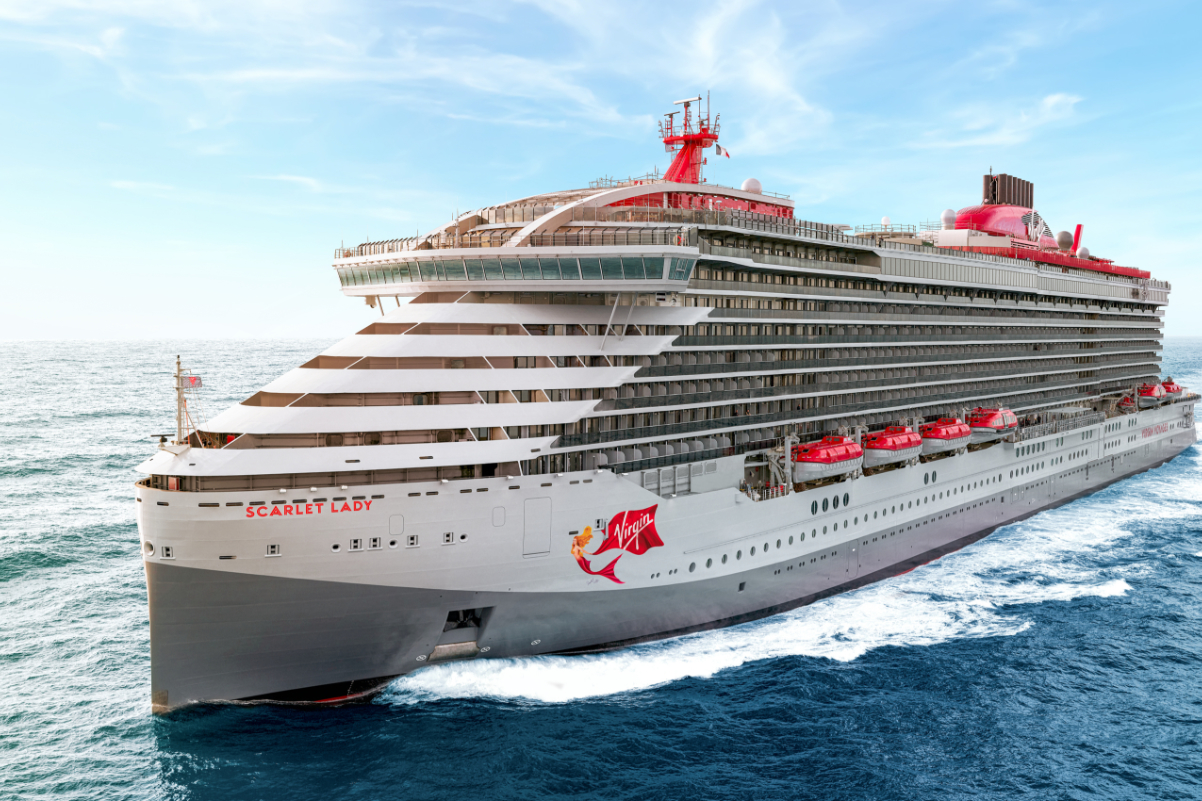Florida Hotels Are Beating U.S. Averages in Pricing Power and Revenue Growth

Skift Take
A report JLL Hotels & Hospitality will publish this week finds that the Sunshine State's top hotel markets have been outpacing national averages for revenue growth. Florida's markets have also shown gains in pricing power even after adjusting for inflation. These trends are encouraging further hotel development there, says JLL.
Last year, the top-10 Florida lodging markets consistently outperformed the rest of the country, with revenue per available room (RevPAR) in each market beating the U.S. average. The Florida Keys emerged as a standout in occupancy and average daily rate.
First Quarter Rankings for Florida's Top 10
Florida continued to shine early this year. Here's a ranking of the top 10 Florida hotel markets, in order of performance by average revenue per available room, as of the first quarter. They all outpaced the U.S. national average.
- Florida Keys
- Palm Beach
- Miami
- Sarasota
- Fort Lauderdale
- Fort Myers
- Orlando
- Tampa
- Melbourne
- Jacksonville
Pricing Power Despite Growing Supply
Hotel investors note that Florida has sustained its ability to fill hotel rooms and maintain pricing power despite increases in supply. All but two of the Top-10 Florida lodging markets experienced significant supply growth from 2020 to 2023, yet all posted annualized revenue per available room growth that outpaced the U.S. on average.
Miami added hotels between 2014 and 2023, providing 5.16 million more room nights for the market to fill. Yet despite the added supply, the city had an average annual increase in revenue per available room of 2.1%. This resilience has been driven largely by hikes in daily rates at popular resorts.
Booking patterns so far this year suggest a "recalibration" in the market. Some super-popular destinations from a couple of years ago lost some of their post-pandemic demand. However, this normalization in demand patterns shows performance levels that remain broadly higher than in 2019.
Shifting to Full-Service Hotels
While much of the national hotel conversation is about the growth in midscale, premium economy, and extended stay brands, Florida's most visited lodging markets have been embracing full-service.
One out of three hotels delivered since 2022 were full-service properties, and about 60% of projects under construction are full-service. This speaks to investor expectations that leisure and business travelers will prefer full-service hotels in these key Florida destinations.
Investors are paying premiums to participate in the market. Since the pandemic, the average price per guest-room key increased, according to JLL's analysis of recent hotel transactions. Investors like that between 2014 to 2023, nearly all top markets and submarkets in Florida posted annualized growth in revenue per available room.
Accommodations Sector Stock Index Performance Year-to-Date
What am I looking at? The performance of hotels and short-term rental sector stocks within the ST200. The index includes companies publicly traded across global markets, including international and regional hotel brands, hotel REITs, hotel management companies, alternative accommodations, and timeshares.
The Skift Travel 200 (ST200) combines the financial performance of nearly 200 travel companies worth more than a trillion dollars into a single number. See more hotels and short-term rental financial sector performance.





